Vertical Slice Breakdown - Dragon Age Veilguard
Ask a Game Dev
JUNE 14, 2024
Expertise on visuals like lighting, rendering, shaders, etc. should be directed elsewhere. Likely also locks players off from returning to the previous area.
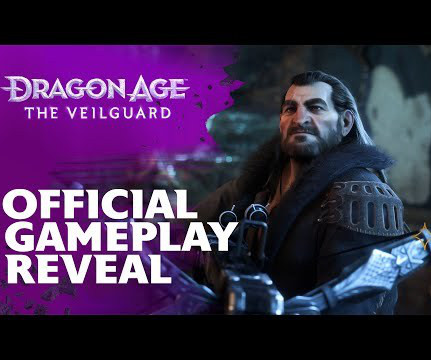
Ask a Game Dev
JUNE 14, 2024
Expertise on visuals like lighting, rendering, shaders, etc. should be directed elsewhere. Likely also locks players off from returning to the previous area.
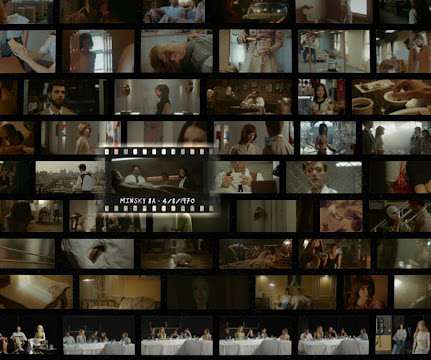
Radiator Blog
OCTOBER 13, 2022
Gradually all these advancements and upgrades add up to a NPC-driven town that can maintain and feed itself automatically. This isn't a STEM-y systems thing in the vein of Earth: A Primer because it's about embodying all the agency that rivers do NOT have -- they must follow the terrain, much like a player in a walking sim.
This site is protected by reCAPTCHA and the Google Privacy Policy and Terms of Service apply.
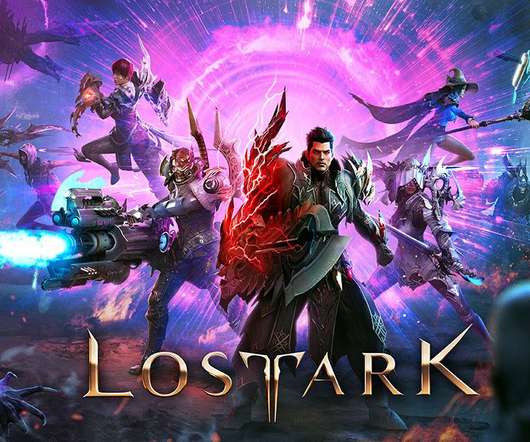
Deconstructor of Fun
MAY 15, 2022
The map models are rich and varied in terms of items, buildings, and terrain changes, which offsets outdated graphics performance. These dialogues, sounding more akin to whispering, usually take place among the crowds of NPCs who don't have names. Fortunately, the art design of the game performs well. The grand scene).
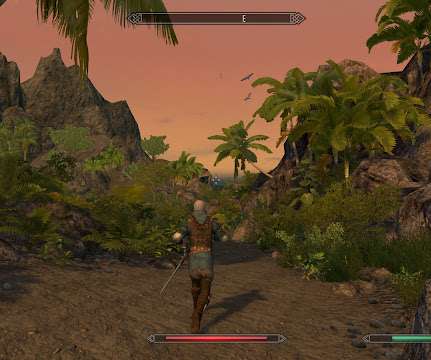
Radiator Blog
MAY 5, 2021
Whenever an NPC is about to dump backstory and exposition on you, they'll ask you to take a seat. During big long quest chains, there are periodic quest stages where you have to wait 1-2 in-game days before checking in with the NPC again. Diegetically, the NPC has to prepare a machine or potion, or get supplies, or whatever.
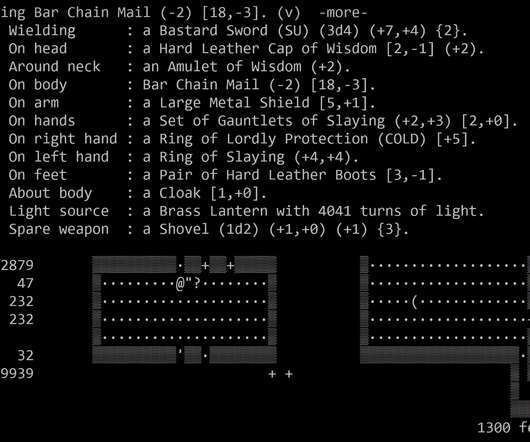
Grid Sage Games
SEPTEMBER 15, 2022
Some items can also be transformed through external means, such as being cooked, coated, rusted, or upgraded by NPC services (one of the main uses for gold). Other types of NPCs can modify or convert other types of items. Brogue’s trippy colors come from impactful terrain features like water, lava, and gases.
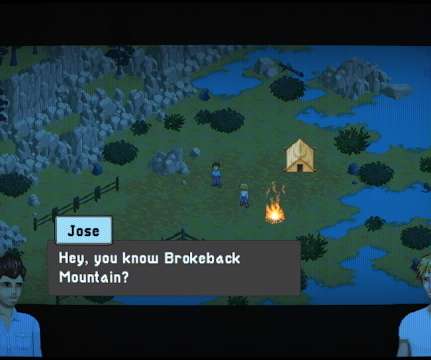
Radiator Blog
DECEMBER 12, 2022
Here my walking mechanic borrows some sensibility from Death Stranding, where terrain can seriously slow down the player's speed, so a skilled player should micro-optimize their route a little and avoid water / hills / obstacles. In this situation, the NPC knows what you're here for and he wants it too, even if you kinda hate each other.
Let's personalize your content